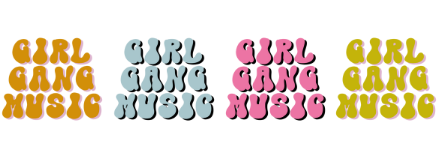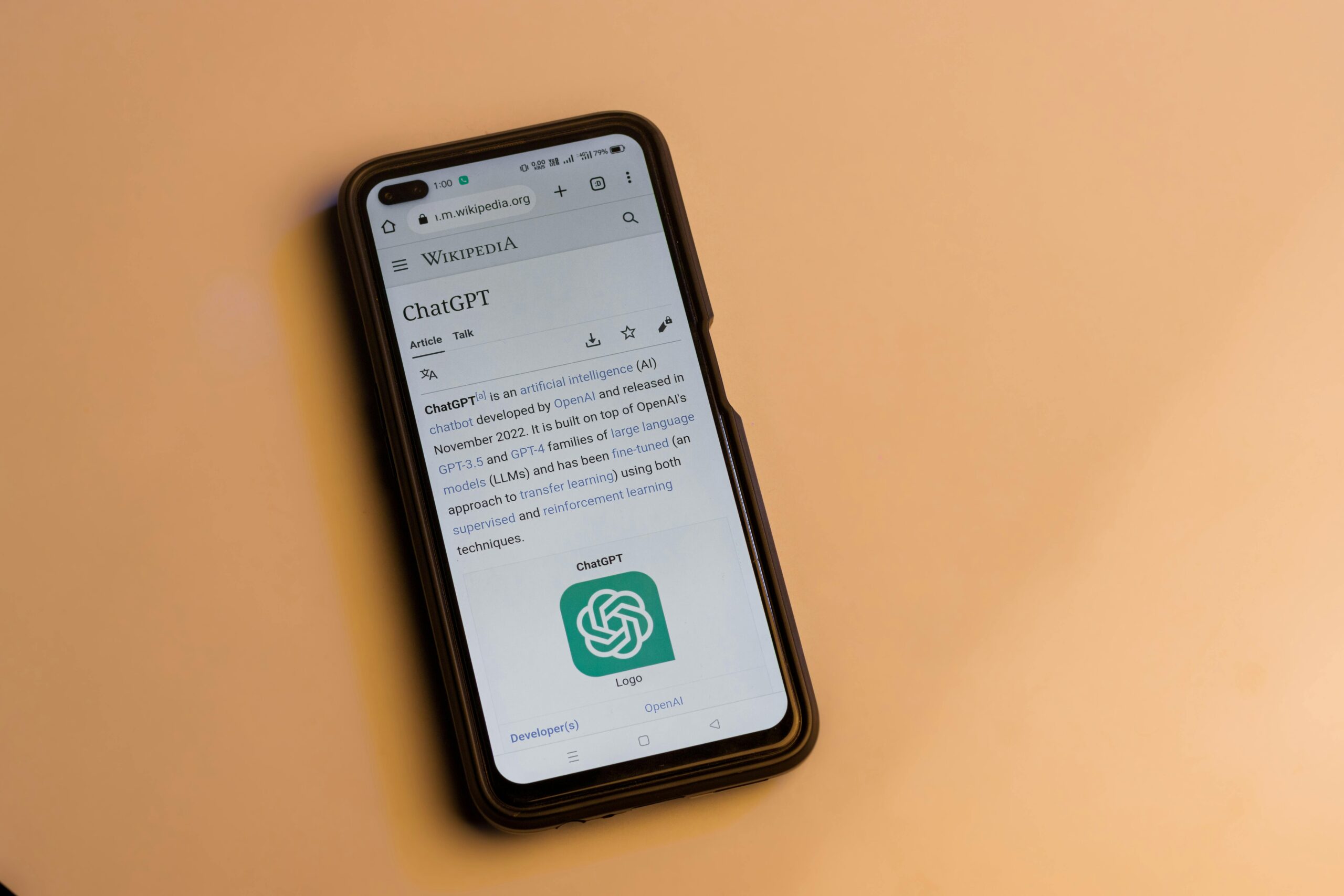From voice cloning to file-sharing controversies, artificial intelligence is no longer just a tool—it’s a powerful force rewriting the rules of music creation and distribution. For women in music, especially indie artists, producers, and songwriters, the stakes are high. AI offers new creative possibilities, but also raises urgent questions about consent, compensation, and creative control.
In this piece, we break down three viral and ethically loaded stories at the intersection of AI and the music industry—starting with a major backlash against WeTransfer, diving into the rise of synthetic streaming acts, and revisiting the song that tricked millions with cloned vocals. Whether you’re experimenting with AI tools or protecting your creative voice, these stories matter.
Let’s dig into what every music professional should know right now.
1. WeTransfer Faces Backlash Over AI Clauses in Terms of Service
Similar to Soundcloud’s recent snafu, file-sharing platform WeTransfer sparked controversy after updating its Terms of Service to suggest that user-uploaded files could be used to train AI models. This alarmed many creative professionals—illustrators, musicians, actors—who worried their unpublished work might be exploited without consent. After intense backlash, WeTransfer swiftly clarified its policy, removed references to training AI, and reaffirmed that user data would only be used for content moderation, not to train models, unless users explicitly opt in.
Why it matters for creators: Women songwriters, engineers, and producers rely on platforms like WeTransfer to share demos, stems, artwork, and other creative media. Uncertainty over how that content might be used threatens trust—particularly for indie women whose work often circulates pre-release.
2. Velvet Sundown: The AI Band That Deceived Spotify
The AI‑generated act Velvet Sundown reportedly attracted over 1 million monthly listeners on Spotify before revealing that all their music, imagery, voice models, and backstory were machine-made using the Suno AI platform. While initially marketed like a human indie band, later disclosures labelled them a “synthetic music project guided by human creative direction.”
Critics and industry insiders called for mandatory labeling of AI-generated music, citing risks around listener deception, copyright infringement, and undercutting human artists. Platforms like Spotify currently do not label AI content, whereas others like Deezer have begun tagging such tracks and flagged up to 70% as fraudulent streams. Recording Academy CEO Harvey Mason Jr. has underscored the importance of transparency, artist rights, and regulation—including support for the No Fakes Act to protect voice likenesses and creative ownership.
Why it matters for women in music: Without clear identification, creators could be overshadowed or displaced by synthetic acts that flood streaming platforms without paying royalties or lifting real voices.
3. “Heart on My Sleeve”: AI Voice Cloning Goes Viral (and Is Pulled)
In 2023, TikTok producer Ghostwriter977 released “Heart on My Sleeve,” a track featuring AI-generated vocals that mimicked Drake and The Weeknd. The song made waves—until it was promptly removed by Universal Music Group for infringing copyright and voice‑actor rights, and disqualified from Grammy eligibility.
This incident raised urgent ethical questions around AI voice cloning, consent to replicate a recognizable voice, the blindness of training sets, and the erosion of identity and cultural authenticity. Critics warned of a future where people could generate viral hits using cloned voices, without credit or payout to real artists. The legal response included new laws, like Tennessee’s ELVIS Act, to guard against voice-mimicking AI creating content under a celebrity’s persona
🎤 The Recording Academy Recalibrated on this though… now saying that AI Music Is Eligible — But Only If Human Contribution Is Central
In a response to the growing prominence of AI-created songs like “Heart on My Sleeve,” the Recording Academy updated its Grammy rules to clearly define the role of AI in award consideration. As Recording Academy CEO Harvey Mason Jr. explained, tracks containing AI-generated elements can be submitted—but only if human creators have made a “meaningful and more than de minimis” contribution to the writing, performance, or production.
The policy is straightforward:
- Fully AI-generated works are ineligible.
- If AI performs lead vocals, that portion is disqualified from performance categories—but the song may still qualify in songwriting or production categories, provided real humans did the rest.
- For Album of the Year, artists must contributed at least 20% of the album to be considered
Why it matters for female creatives: Women songwriters, especially those with distinct vocal identities, are particularly vulnerable to unauthorized imitation. Misuse of AI voice tools could dilute artists’ brands and earnings, or even result in impersonation fraud.
⚠️ Broader Ethical Themes & Industry Takeaways
- Consent & Attribution: AI often learns from copyrighted works without explicit agreements. Voice cloning (even unintentionally) may violate personality or publicity rights.
- Transparency & Trust: As seen with Velvet Sundown and indie AI releases, deceptive labeling or omission erodes listener trust—and harms real artists’ visibility.
- Fraud & Platform Abuse: Automated flooding of AI-generated tracks, often via outfits oblivious to authenticity, challenges streaming integrity and may funnel unearned royalties based on “AI slop”
- Cultural Homogenization: AI models trained mainly on Western datasets risk erasing global musical diversity, sidelining voices from underrepresented creators and genres.
👩🎤 How Women in the Industry Can Lead
- Document and label AI use: If you use AI tools—e.g. for vocal effects or beat generation—clearly disclose it, and retain records of workflows and permissions.
- Advocate for AI policy reform: Support initiatives like the No Fakes Act, labeling legislation, and artist-led pressure on DSPs to verify authenticity.
- Collaborate with ethical AI platforms: Platforms like Jen, which work with artists such as Imogen Heap, are creating transparent attribution models and artist-controlled AI filters.
- Educate your peers: Girl Gang Music can serve as a hub to share updates, best practices, and emerging artist‑led standards for responsible AI use.

